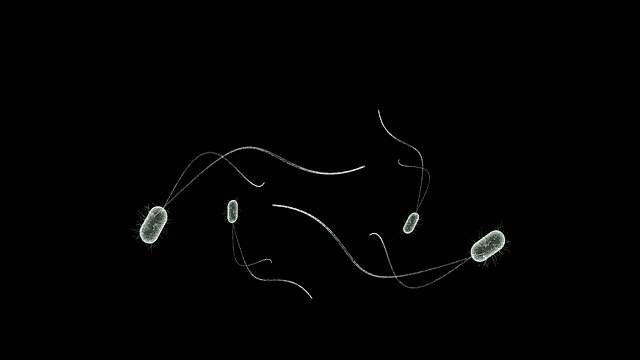A rare Amoeba that eats the brain was found in the public water supply system of the city of Texas. This deadly Amoeba causes a serious infection for which there is no effective treatment so far.
On September 27, Texas Governor Greg Abbott issued a disaster declaration in Brazoria County after the state environmental commission discovered a brain-eating amoeba in three of eleven tests conducted on the county’s water supply. Residents have been asked to boil the water before using it. The governor’s warning came after a 6-year-old boy died after contracting the dangerous microbe.
Hundreds of people around the world have died from the Naegleria fowleri organism that destroys brain tissue within days.
What is Naegleria fowleri
This single-celled organism can be found anywhere in the world in rivers and lakes, geothermal water, such as hot springs, geothermal drinking water sources, poorly maintained swimming pools (with minimal or no chlorine levels), and soil. It likes high temperatures. There is no rapid test to detect amoeba. It can take weeks before officials find it in an infected area.
Once it enters the body, it travels to the brain and causes a serious infection called primary amebic meningoencephalitis (PAM). The disease leads to the destruction of brain tissue. Children, the elderly, and individuals with weak immune systems are particularly vulnerable to PAM.
Symptoms of contagion
In its early stages, the symptoms of PAM resemble those of bacterial meningitis: headache and fever. Later symptoms include neck stiffness, inattention to surroundings and people, loss of balance, hallucinations, and seizures.
Ultimately, PAM leads to brain swelling and death. Most people die within a week after contracting the germ.
Is there a treatment?
According to the United States Centers for Disease Control and Prevention (CDC), there is no effective treatment for PAM, and the death rate is over 97%. Only four of the 145 people infected in the US between 1962 and 2018 have survived.
The CDC reports that one person survived in Mexico and it is also known that in 2018, a girl from the Spanish city of Toledo survived after contracting Naegleria fowleri. The CDC has said that between three and eight Americans die from this amoeba annually. Most of the victims are young and male, the demographic most likely to swim in warm lakes.
How can infection be avoided?
Despite the bleak outlook, the risk of infection with Naegleria fowleri is very low. In the last 10 years, only 34 cases have been registered in the US. The amoeba is deadly only if it enters the body through the nose. People do not get sick if they drink infected water and it cannot be spread from one person to another. The peak season for the deadly microbe is the hot months.
It is necessary to avoid swimming in warm lakes or to use clips for the nose.
